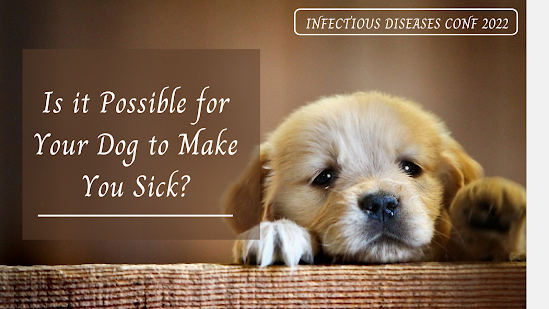Is Ecotourism a Potential Reservoir for Transfer of Pathogens?

Ecotourism is appealing because it allows visitors to see nature in its purest form, including the ability to interact with fascinating creatures local to the area. Tourism revenue is a significant motivator for natural habitat protection, particularly among local residents who are familiar with ecosystem wildlife and plants. Apart from the advantages, the growth of ecotourism has the potential to be a double-edged sword. Animal feeding, for example, is often used to allow close-up photography and petting of animals; yet, intimate physical touch between visitors and animals can cause shifts in animal behavior from eating to social interactions. This intimate human-animal interaction also raises the risk of pathogenic and non-pathogenic germs being transferred from humans to animals (anthropozoonosis) and from animals to humans ( anthropozoonosis ) (zoonosis). The former is especially important today that cross-continental tourist travel is frequent, enhancing the transfer of ...

